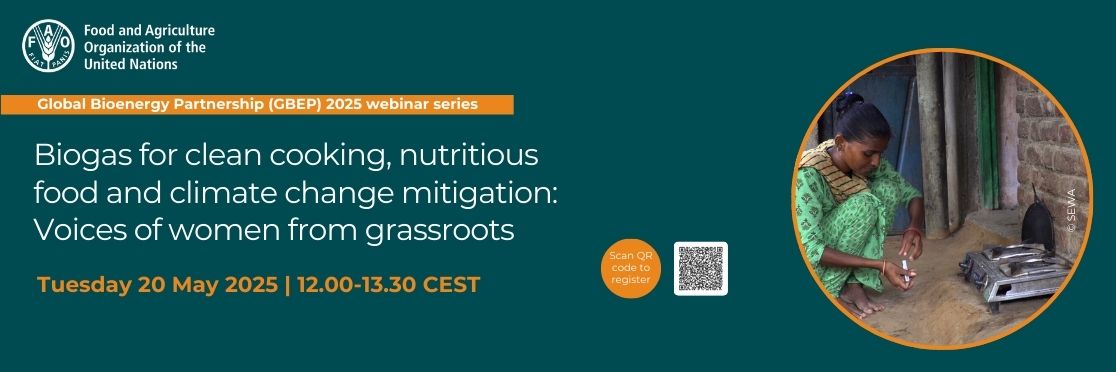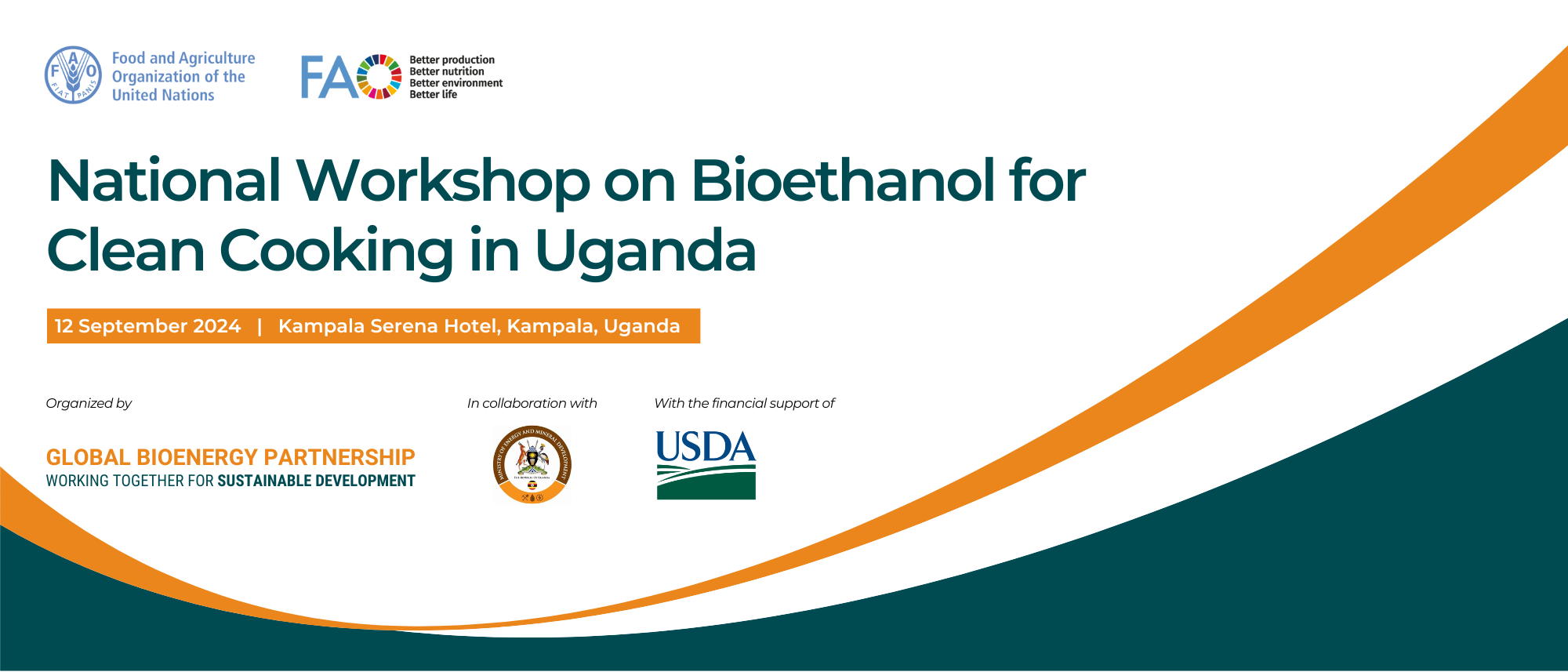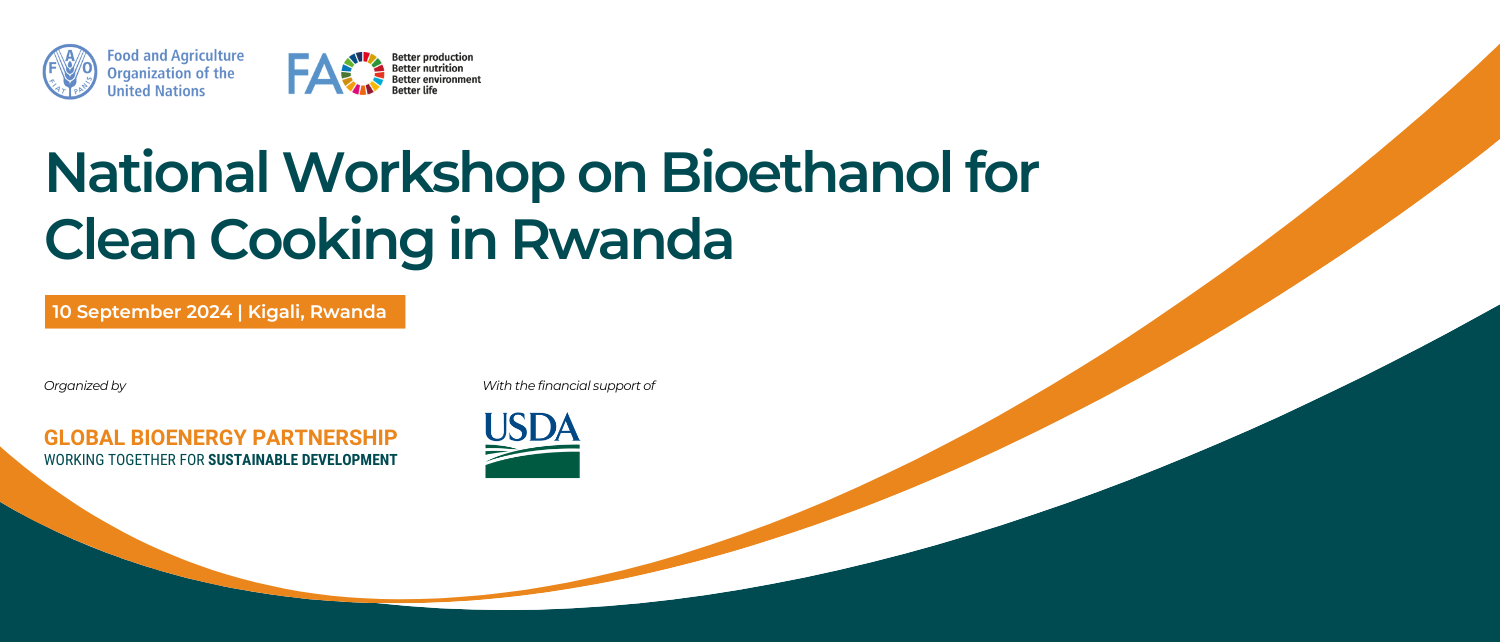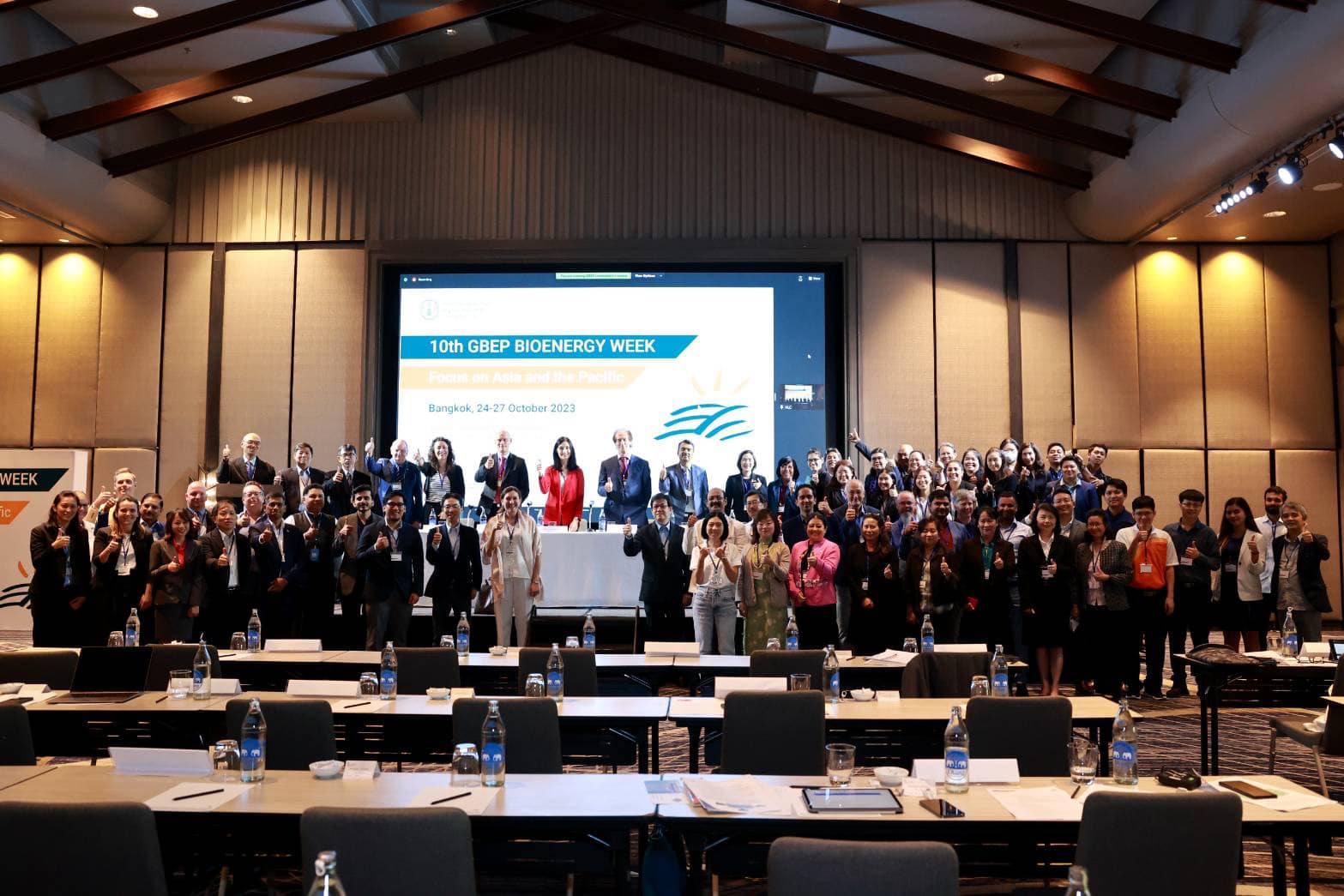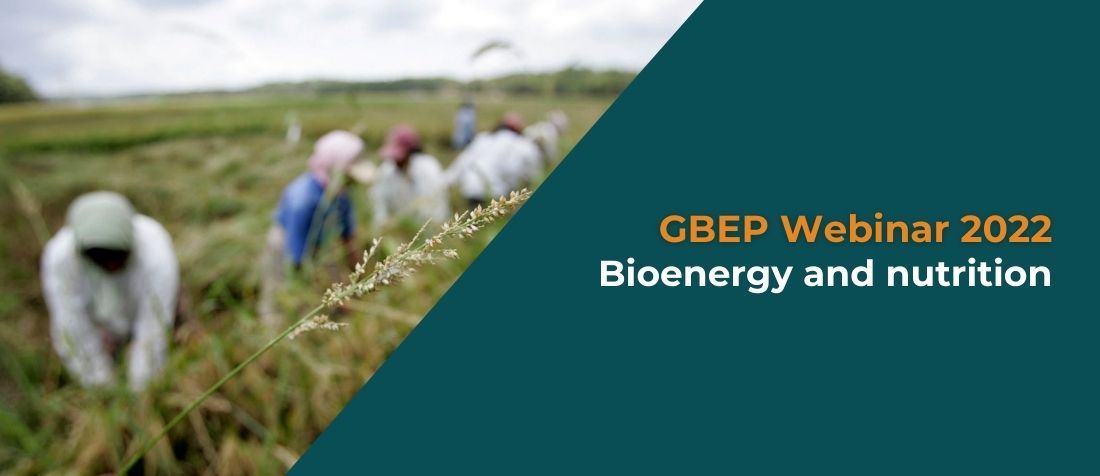Clean cooking
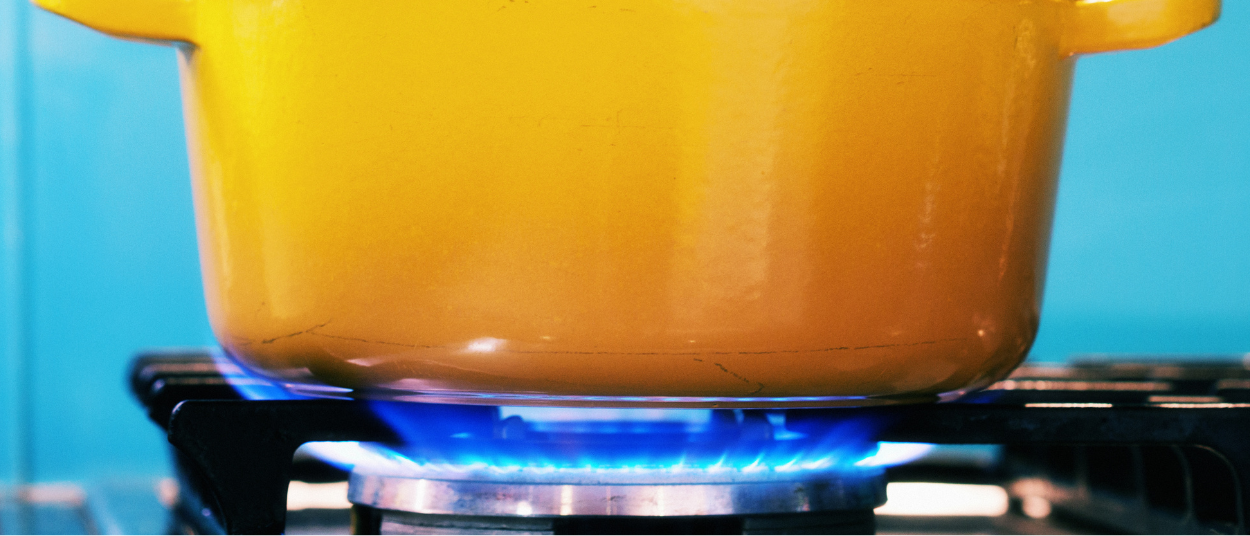
Over 2.1 billion people still lack access to clean cooking solutions, leading to serious health, environmental and economic challenges. Traditional fuels like wood and charcoal contribute significantly to greenhouse gas emissions, while exposure to indoor air pollution disproportionately affects women and children.
A transition to modern, renewable, clean cooking solutions is crucial to achieving SDG 7 (affordable, reliable, sustainable energy) and SDG 13 (climate action), along with other related SDGs. Bioenergy solutions can foster local value chains for biomass
production and clean cookstoves and diversify farmer incomes. They also enhance food security and improve nutrition. Moreover, the transition to clean cooking addresses gender inequalities tied to fuel collection and hazardous cooking conditions,
improving lives in both domestic and institutional settings.
GBEP's role
GBEP supports countries in transitioning to clean cooking by offering sustainability assessments, policy engagement and leveraging expertise from its global partners.
GBEP work on clean cooking focuses on:
- Sustainability of bioenergy value chains for clean cooking
- Stakeholder engagement across value chains
- Integration of clean cooking into nutrition and SDG7 discussions
- Advocacy for clean cooking in climate policies
- Leveraging climate finance for clean cooking projects
- Exploring intersections between clean cooking and heating
- Promoting clean cooking as a gender issue and part of a just energy transition
This Activity Group is co-led by Uganda and the United Nations Environment Programme.
Related videos
Webinar
Biogas for clean cooking, nutritious food, climate change mitigation: Voices of grassroots women
22/05/2025
The webinar explores how biogas is improving lives in rural India. Hear firsthand stories from grassroots women leaders and practical insights from...
Webinar
Small scale biomass applications for clean cooking
29/04/2025
The World Bioenergy Association (WBA) and GBEP co-organized a webinar to discuss the opportunities of microgasification for decentralized bioenergy...
Related news
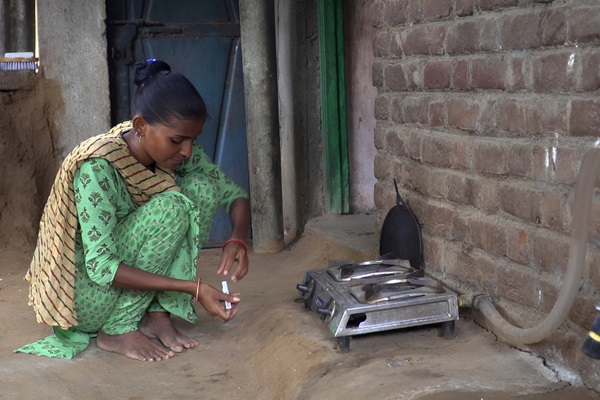
Grassroot voices: how biogas is transforming the lives of rural women in India
26/05/2025
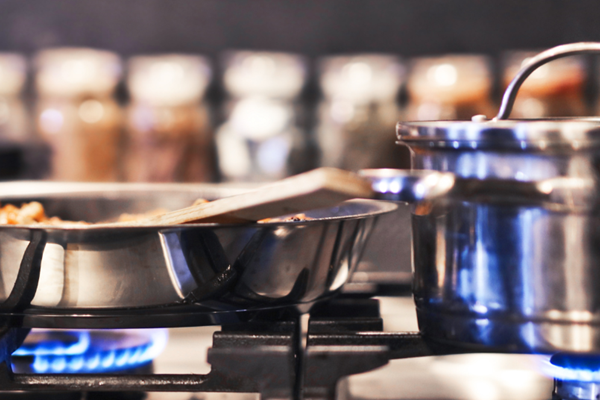
Bioethanol: A sustainable solution for clean cooking transition in Africa
10/02/2025
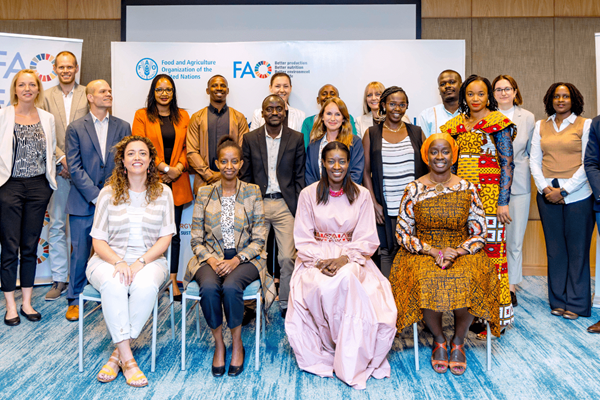
Rwanda eyes bioethanol as sustainable fuel alternative to advance clean cooking agenda and reduce emissions
08/10/2024
Related publications
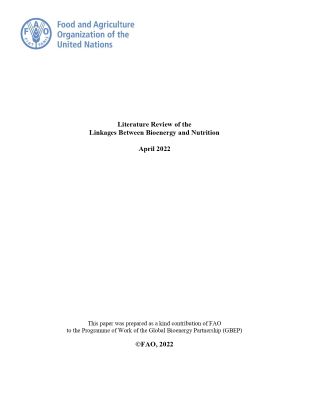
Literature Review of the Linkages Between Bioenergy and Nutrition
2022
This literature review identifies the various positive interlinkages between bioenergy and nutrition that have been explored in existing research, especially implications on food and nutrition security, and the impacts on agricultural land and soil quality, which could influence nutrient contents of food, and other aspects of health related to nutrition. It is intended to highlight good practices in bioenergy production that can have positive impacts on nutrition.
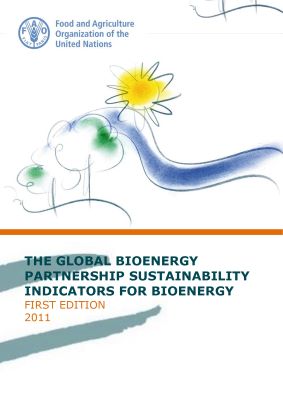
The Global Bioenergy Partnership Sustainability Indicators for bioenergy
2011
This report presents 24 indicators of sustainability regarding the production and use of modern bioenergy, to monitor and report on the environmental, social and economic aspects of sustainable development. The GBEP Sustainability Indicators (GSIs) are a relevant, practical, science-based tool that can inform policy-makers and other stakeholders in countries seeking to develop their bioenergy sector to help meet national goals of sustainable development.

